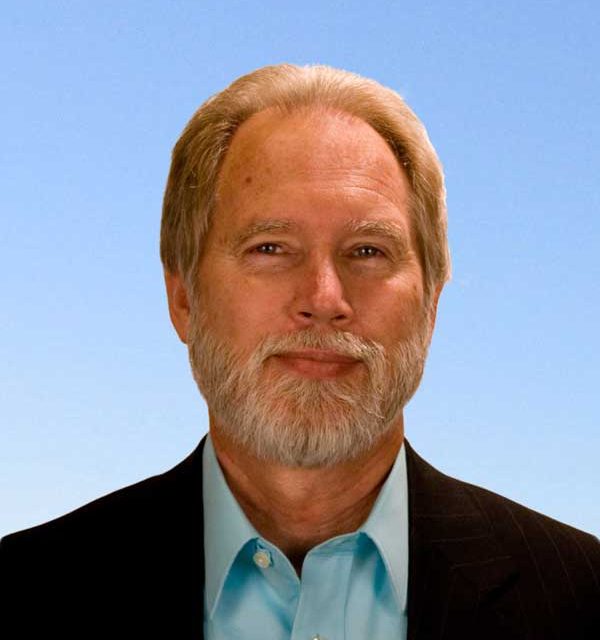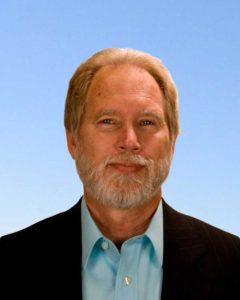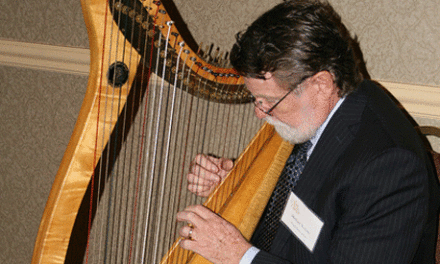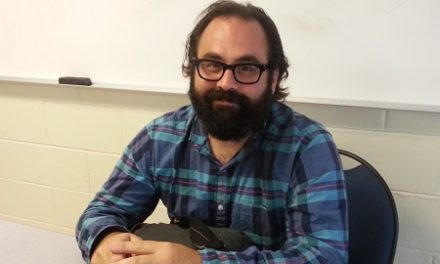By Ryan Hebert (Whetstone staff writer)
Professor Tony Armstrong writes to make a difference.
His third book, “Educating Angels: Empowering Our Children’s Pursuit of Happiness,†will be published next year.
“I wrote the book because I believe the difference contemporary education makes in the lives of students is far less than it should be,†he said. “Ultimately, I would like the changes I advocate to become reality, though I am quite aware of the enormous obstacles to meaningful reform of education.â€
The book is a new philosophy of education that argues that students should build inner awareness skills as well as inquire into the nature, sources and means of happiness.
“It explains the difference we might make in the lives of our children if we pursued this purpose with insight and commitment,†Armstrong wrote to the book’s publisher, explaining his book. “It offers a blueprint for implementing what amounts to a new, well-developed philosophy of education.â€
The gap between the difference education makes and the difference it could make amounts to a betrayal of our children, Armstrong said.
“My intent is not to merely make a philosophical argument that we should embrace empowering the pursuit of happiness as the purpose of education,†Armstrong said. “I offer practical suggestions for implementing this purpose, suggestions that would amount to a transformation of education as we know it to the benefit of all involved in the education enterprise.â€
It took two years for Armstrong to write his book.
Armstrong, who has been at Wesley for 20 years, teaches political science, international studies, and two Honors seminars.
He took sabbatical last semester to finish the book.
Armstrong has written two other books, “Breaking the Ice: Rapprochement between East and West Germany, the United States and China, and Israel and Egypt†and “The Lovestar: A Philosophy of Love.â€
“I write to make a difference,†he said. “I would advise those who share this motive for writing to think deeply about what difference it would be worthwhile to make.â€
There are other motives for writing a book, he said. “I would advise clarity about motive and message.â€
Armstrong believes that if schools were to implement what his book is about, “the children of the future would graduate with far more than we did. At minimum, their pursuit of happiness would be informed with enhanced inner awareness, deeper knowledge and insight into the nature of happiness and how best to pursue it.â€






